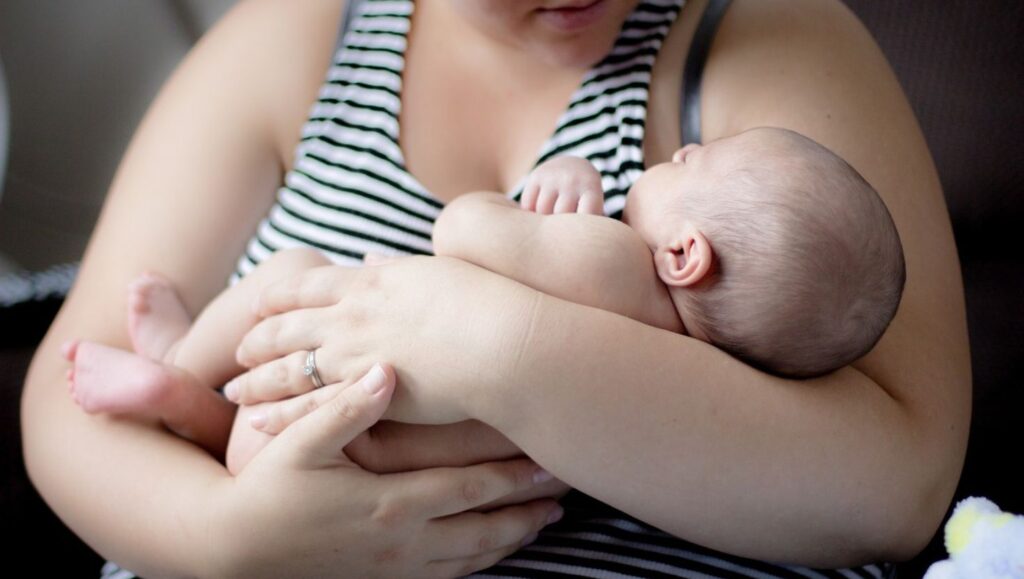
INTRODUCTION
Table of Contents
Many women, especially mothers who have c-sections, believe that it is hard to shed all of the pregnancy weight after giving birth. This is because most people believe that any amount of strain on the abdomen from exercise can lead to difficulties because a c-section is similar to a major surgery.
For new mothers, following a diet plan and losing weight following a C section might stumble upon many obstacles. There are a number of factors that might make losing weight seem like a difficult undertaking, including a extended recovery period, hormonal changes, abdominal muscle separation, discomfort, and even breastfeeding challenges
The key to overcoming these obstacles and resuming weight reduction following a C-section is to put patience and steady progress first. Focusing on nutrition and consuming fewer processed foods and sugary snacks while increasing your intake of fruits, vegetables, lean proteins, and whole grains is one useful tactic. For new mothers to lose weight sustainably and to be in good health, it is essential to gradually increase their level of activity as their recovery advances.
HOW TO LOSE WEIGHT AFTER C SECTION
A BALANCED DIET
It should come as no surprise that a balanced diet is the foundation of every successful weight loss program. This is not the time to cut back on calories because your body needs energy to heal from the c-section and to feed your baby. Include a variety of fruits, vegetables, whole grains, protein, healthy fats which aid in the milk production and fuel your body for exercise and avoid highly processed foods which are high in unhealthy fats, sugar and salt. Along with balanced diet keeping the body hydrated is also crucial.
BENEFITS OF EATING BALANCED DIET
- enhanced physical strength and mobility
- Improves Mood and Mental Health
- help reduce the risk of post-C section complications such as infection, constipation, and delayed wound healing.
- Promotes long term healthy eating habits
- Increases Confidence and Self-Esteem
BREASTFEEDING
You might be surprised to learn that breastfeeding improves postpartum weight loss. This is so that the baby can get the life-sustaining vitamins, lipids, and proteins found in milk, which requires your body to expend an additional 500 calories.
The hormone oxytocin is released when a woman breastfeeds, and this hormone causes the uterus to contract. As a result of this the uterus will contract to pre pregnancy size. There are numerous more advantages to nursing your child, including as boosting their immune system, supporting their growth and development, and making formula easier for them to digest.
EXERCISE
When it comes to losing weight, nothing works better than exercise and training; however, pay attention to how your body feels. Recovery from C-section births takes longer. Exercise should generally be avoided in the first six to eight weeks following childbirth, but this doesn’t imply you shouldn’t move at all. Starting with short walks is a good idea. Walking promotes healing and avoids blood clots following abdominal surgery.
RESTFUL SLEEP
A good sleep is crucial for weightloss especially after c section. Here is why adequate sleep helps regulate hormonal balance , maintains metabolism, promotes recovery and reduces stress and keeps you energetic throughout the day.
Prioritizing sleep can support both your physical recovery and weightoss efforts during the post natal period.
CONCLUSION
Especially after a c-section delivery, which frequently involves a longer recovery period, many women find it difficult to shed weight after giving birth. Developing better habits to maintain your weight goals is a great idea, and it requires knowing what your body needs to recover and support your growing baby.


